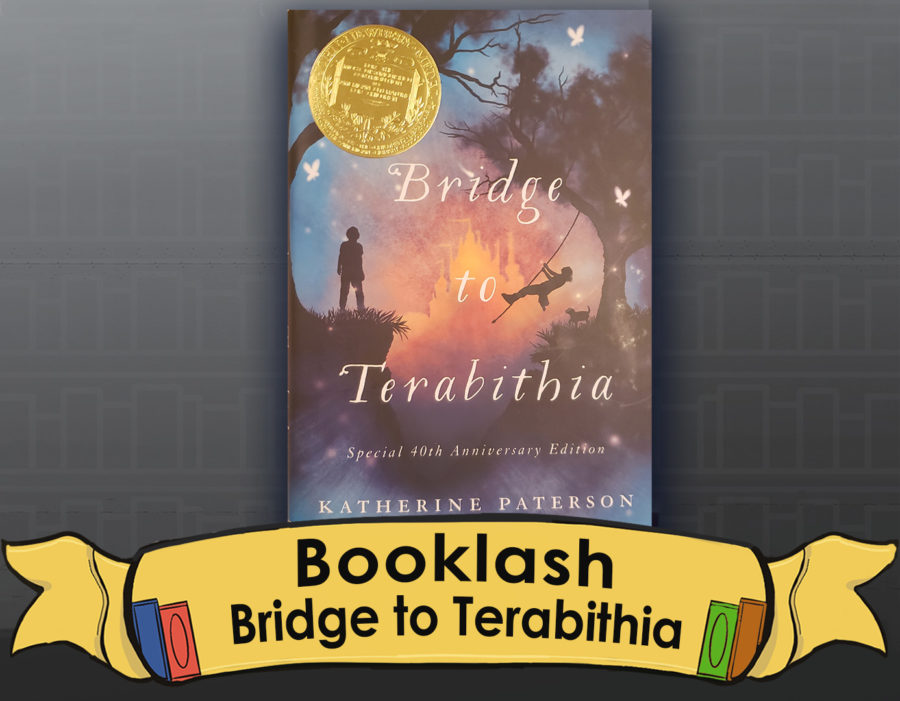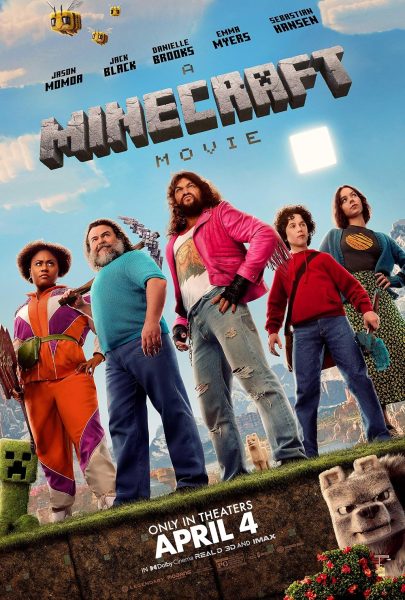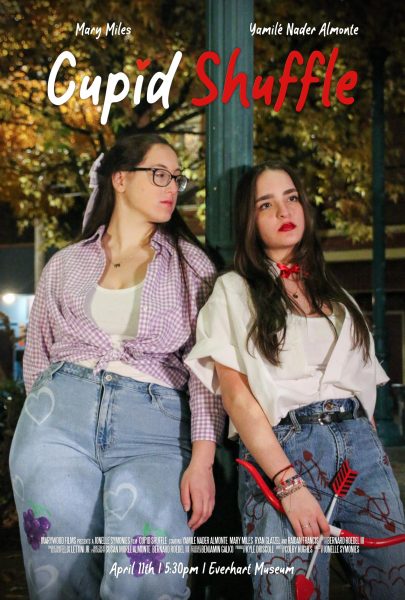BookLash: Are the cold, hard realities found within “Bridge to Terabithia” not for young, innocent minds?
Photo credit/ Jennifer Flynn
“Bridge to Terabithia” has won the John Newbery Medal for children’s literature despite parental backlash.
Booklash is a column exploring the history of Banned Books in the United States, the reasons behind the arguments, and a student’s take on this attack on literature.
“Bridge to Terabithia” is a well-known novel that tugs at the heartstrings of readers. After the reader becomes entangled in the unlikely friendship of the two main characters, Jess and Leslie, they are taken through Jess’ journey of poverty and the struggle to fit in. Once Jess finds his way in life with Leslie by his side, an untimely and heart-wrenching event turns his life upside down.
Through the characters’ struggles, the reader is taught many valuable lessons that any child or adult could benefit from. This includes lessons of dealing with poverty and fitting in, as well as standing apart from the crowd, friendship, imagination, death, and ways of coping.
The author, Katherine Paterson, delved into this book with a highly religious background, a quality education, and much life experience that in turn helped set the scene for “Bridge to Terabithia”.
Despite the John Newbery Award and the numerous claims of the novel being a ground-breaking classic for children’s and young adult’s literature, many parents bristle at the cold-hard lessons found within the novel. These parents argue that the novel is too morbidly depressing for such young minds. There are also points of profanity, proclaimed witchcraft, and potential atheism promotion.
The novel uses words such as “hell”, “Lord”, and “damn,” which parents argue to be profanity that their children should not be exposed to. Other parents may argue that this claim is a bit pretentious and not adequate enough to ban the book for all students.
Within the novel, the characters escape the harsh realities of life by running to their imaginary kingdom, Terabithia. Terabithia is a hidden place among the trees and across a treacherous creek that is found behind their houses. Though the children use their imaginations to create their own little world, as many young children may do, parents unjustly attach the use of imagination to the idea of witchcraft.
Another reason parents attempt to ban this novel is the claim that “Bridge to Terabithia” promotes atheism. Although Jess’s family believes in God and goes to church on Easter, Jess in his young age is unsure of whether he truly believes or not. On top of God already being put in question, Leslie’s family is said not to believe at all, though Leslie is interested in learning about God and perhaps finding within herself a way to believe. One could argue that perhaps the novel is not promoting atheism, but rather demonstrating a young child’s journey in believing. Taking in consideration that Paterson comes from such a religious background and is a believer herself, it can be assumed that atheism was not her intended notion with the novel.
Parents would not be wrong to argue that the novel becomes depressing and may even be a trigger to young children that have experienced loss. However, much as the main character Jess learns to cope with the notion of death, the reader can also learn ways of coping with their own personal grief.
This begs the question, how young is too young to be exposed to death and grief? Against many parents’ wishes, death is untimely and it can therefore be argued that it is better to prepare children to cope with the resulting grief and to become aware of the notion of death. Being unprepared to face this notion with no understanding of death, children can become confused and angry.
“Bridge to Terabithia” was an outlet for Paterson and her son to finally cope with a traumatic experience in their own life. Paterson’s son unexpectedly lost his best friend at an early age. Neither Paterson nor her son knew how to cope with this loss, hence came the inspiration for “Bridge to Terabithia,” in hopes that the novel could help other young children and their parents if ever faced with such a devastating experience.
Despite the frequent attempts to ban and challenge “Bridge to Terabithia”, the novel remains an integral piece of literature for any age. The lessons found within can be beneficial to us all. If looking to read this novel, or watch the newer movie adaptation, be prepared for the roller coaster of emotions.
Contact the writer:
[email protected]

Amanda Morgan is a senior here at Marywood full of aspirations, double majoring in English Writing and English Literature, as well as pursuing her master's...









